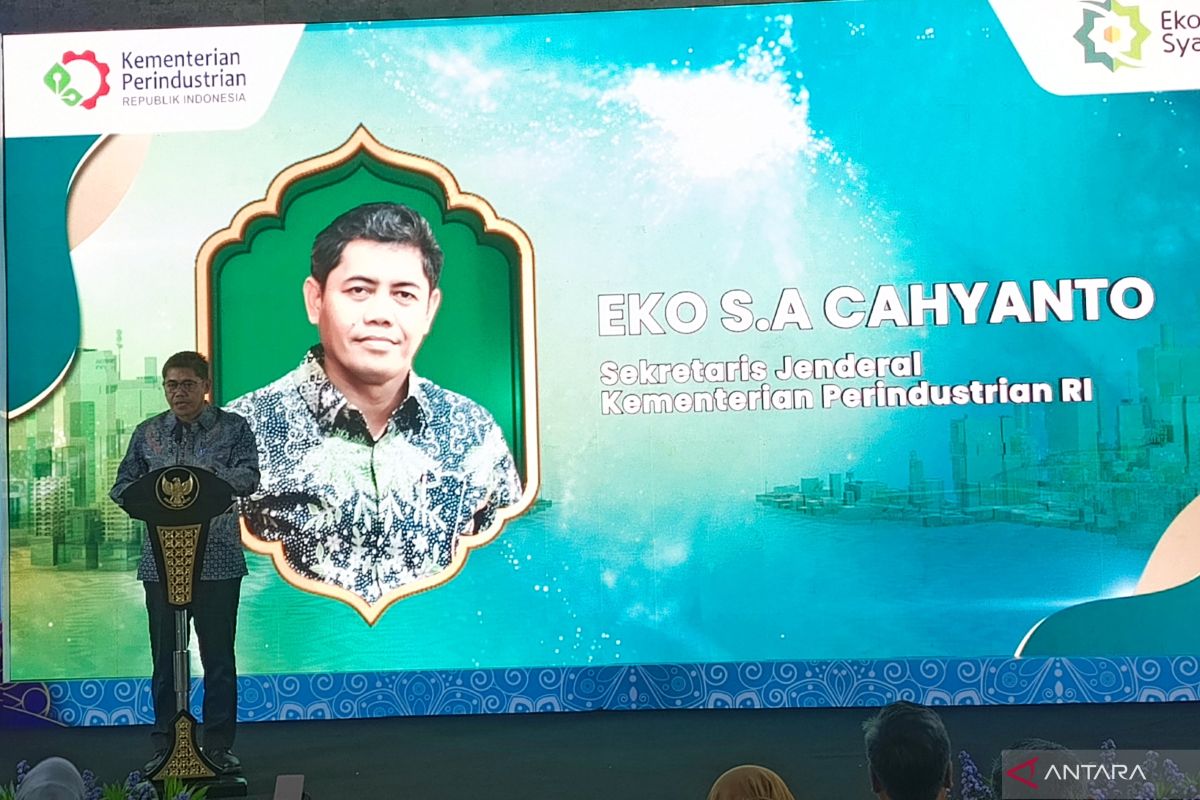By Melvin Jong Dec 31st, 2009
EXPERTS from the Oxford Business Group (OBG) have expressed
anticipation over the growth of Brunei’s halal branding and industry,
saying that it is a “very exciting” prospect and niche that Brunei can
capitalise on.
OBG Regional Editor Paulius Kuncinas said that the halal industry is
one which is most interesting because it offers real tangible prospects
as the demand is out there.
“There are many (international) businesses wanting to register their
products here…This is a very executable business plan,” he said during
the launching of OBG’s The Report: Brunei Darussalam 2009 at the Empire
Hotel and Country Club on Tuesday.
He said that Brunei’s reputation in strict application of halal
rules and certification, coupled with effective marketing promises to
create an important line of economic diversification.
“The Report: Brunei Darussalam 2009 also highlights the significance
of Brunei’s entry into the lucrative halal industry, which is estimated
to be worth US$560 billion with an annual growth of two per cent,” he
said.
The Report: Brunei Darussalam 2009 is a publication targeting at
potential foreign investors by placing the spotlight on Brunei’s long
term development plans and increase in economic activity, while further
enhancing Brunei’s profile around the world to provide reliable
information on the country.
Kuncinas said they also expected growth in other areas such as
tourism and transport, but the halal industry was one with most
potential in volume, value and percentage growth in gross domestic
product.
Other notable diversification efforts include developments in the
Islamic finance sector which is expected to enjoy greater uptake as it
develops new products and becomes more competitive, with Brunei raising
its profile as a financial offshore centre.
“We also highlight the progress made in transport sector, with
developments at Pulau Muara Besar that will improve Brunei’s
competitiveness as a logistics centre for international cargo,” said
the regional editor.
“On the digital front, the report foresees a greater role for new
online businesses and services that have emerged on the back of
improved broadband connectivity created by Asia-America Gateway (AAG)
and public initiatives such as fibre-to-the-home (FTTH) initiative,” he
added.
He also spoke of how better air connectivity would also help aid
promote Brunei’s “untapped” tourism sector which is set to benefit the
Sultanate as the gateway to Borneo, resulting in the rise of visitors
in Southeast Asia.
When asked how Brunei should brand itself in tourism, Kuncinas
replied that the “Sultanate” was still considered as a place of
mystique by foreigners.
“People are now tired of mass tourism destinations. They want to
find something off the beaten track, a niche destination. Brunei has
this appeal that can be built and capitalised on,” he said.
The regional editor also touched on the importance of bringing in
foreign direct investments (FDI) into Brunei. “FDIs mean different
things in different countries. It usually means companies competing for
financial capital, but this is not a problem in Brunei.”
He said that the Sultanate, instead, needs FDIs to create new areas
of activity, particularly in creation of new jobs and knowledge
transfer.
“It will be difficult to spot the opportunity here because of the
size of the country. We cannot attract investors looking for a market.
The investor instead has to be export-oriented and make use of the
advantages of the country such as its location and highly-skilled
population,” he added.



